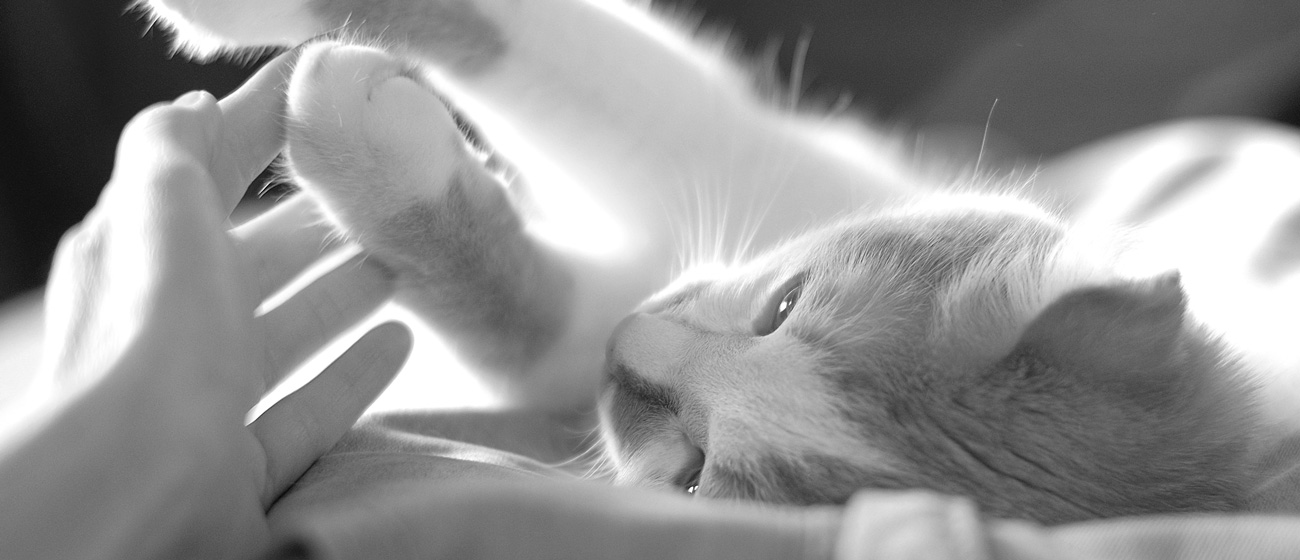Palliative Care for Pets
Because they mean everything to us

"We can't add days to life, but we can add life to days"
Cicely Saunders
Palliative Care for pets means all measures that alleviate the suffering of an incurably ill animal. The focus of palliative care for pets is the best possible quality of life until the end, not the healing of the patient.
The coming death of the beloved animal is accepted. If we succeed in accepting this thought, we no longer have to ignore the signs of aging and suffering in our dogs and cats for self-protection. By recognizing them, we can proactively do something about them.
What is Palliative Care for Pets?
Palliative Care for our pets considers all important physical and psychological aspects of your pet's life. This can include, among other things:
Palliative Care at home
Palliative Care of your animal at home allows for individual, continuous care and treatment of your animal in its familiar environment. With my visit I support you on site in your sometimes very demanding task. Together we will come up with a care plan for your animal, according to your personal circumstances and needs. I will show you how you can carry out simple nursing measures correctly yourself. You will learn to recognise signs of pain and a limited quality of life in your animal. According to your needs, I will come by regularly for re-checks and therapeutic measures. Your animal is lovingly cared for in the last phase of its life.
Frequently asked questions
Palliative Care for Pets
Prices for Palliative Care
The first home visit for palliative care includes an in-depth interview, a thorough examination of your pet, an assessment of its quality of life, the creation and discussion of a treatment plan, and initial supportive treatments.
Follow-up visits are used for follow-up and ongoing treatments. In this way, your pet can be optimally accompanied continuously and the treatment plan can always be adapted to the current needs of your animal.
Prices
Basic fee for home visits: CHF 52.50,
per visit and household, regardless of the number of animals treated, if an appointment is made at least 24 hours in advance
Other rates apply for appointments arranged at short notice and appointments outside practice hours
Travel costs:
for zip codes 8964, 8965, 8967: no additional travel costs
other zip codes: CHF 2.10 per km driven from/to zip code 8965 center
Veterinary advice:
First 15 minutes: CHF 57.50
per additional 5 minutes: CHF 12.50
The consultation is charged once per visit and household and is based on its duration, regardless of the number of animals presented. Additional services, such as clinical examinations, diagnostics, medication, bandages, external laboratory tests, etc. are charged separately.
General clinical examination per animal: CHF 25
Telephone/ Email/ WhatsApp consultations:
per 5 minutes: CHF 12.50
I am on the road as a mobile small animal veterinarian up to 20 km around the Mutschellen (postal code 8965).


